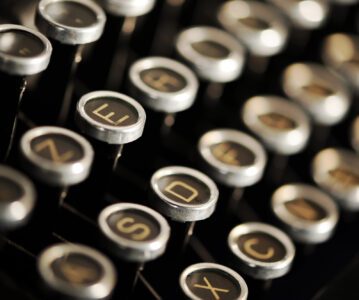 Anthologies: How to Create, Edit, and Publish an Anthology
Anthologies: How to Create, Edit, and Publish an Anthology
What is an Anthology? Classically, there are two specific definitions you need to know about short fiction. A Collection is a group of stories, all by the same author. An Anthology, conversely, is a group of stories by a variety of different authors. We’re here to talk about the latter. Generally, an anthology has a central theme, around which all the authors involved have written. It might be sword and sorcery fantasy. Or hard-boiled private detectives. Or military science fiction. (I’ve owned and read all of those at one time or another.) Alternatively, it might be part of a “Year’s...




